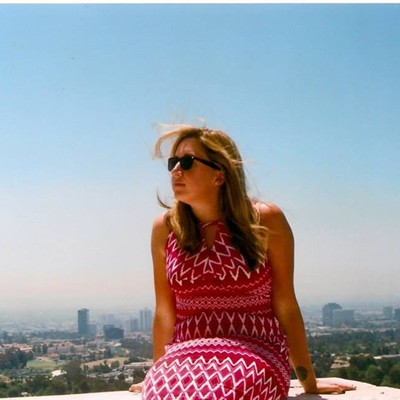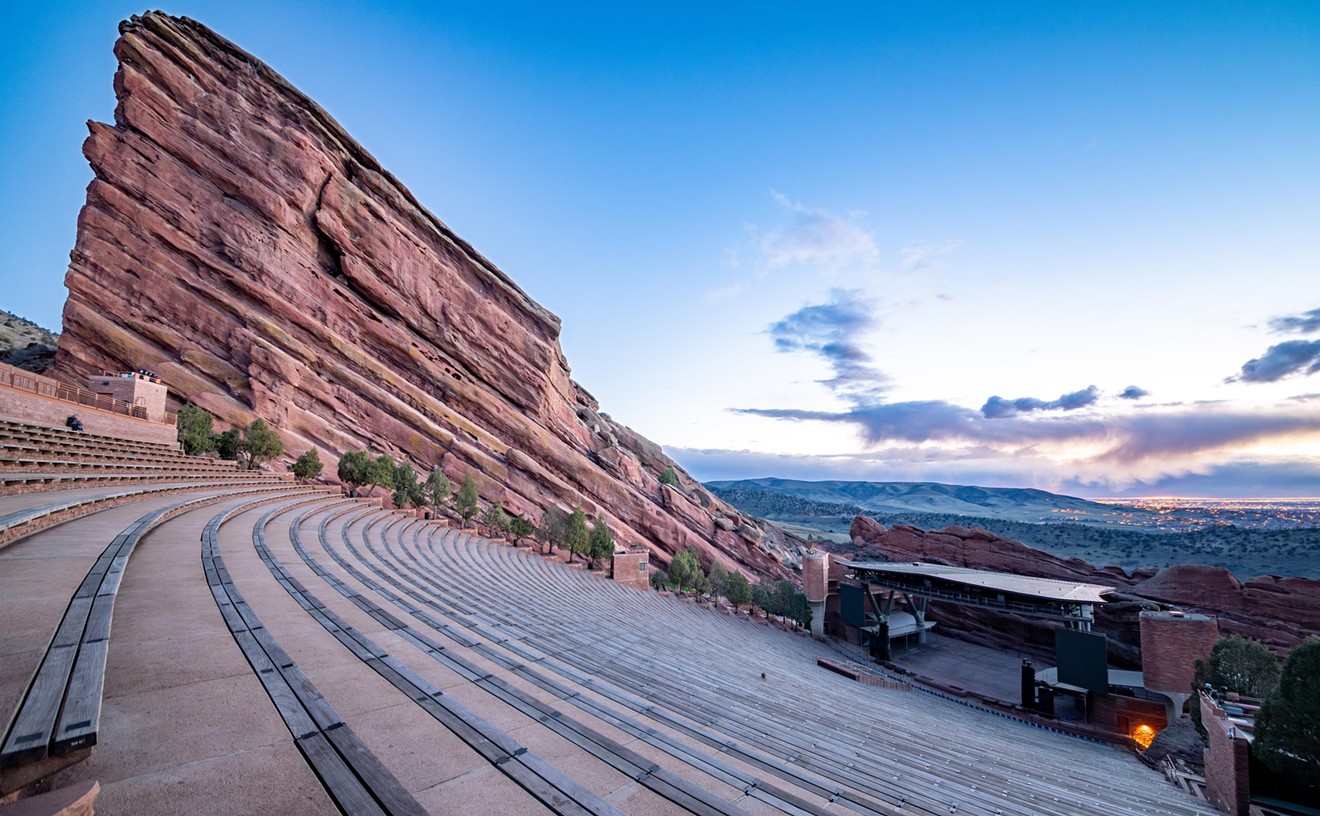Tomorrow, he and the Arvada Center for the Arts and Humanities will launch a local reinterpretation of Chess, A Musical that its creators insist is neither black-and-white nor boring.
This is 2012, after all, and forty years have passed since the American chess scene exploded after Bobby Fischer's victory against Boris Spassky, re-establishing the game's domestic cool factor and injecting it into classrooms across the country. In the most recent international ratings, U.S. player Hikaru Nakamura holds steady in the sixth highest spot on the planet. And in Arvada, actors are reconstructing the game onstage.
Originally a show that played London's West End and Broadway, Chess explores the game, its pieces and its strategies through the lens of a rock opera with lyrics by Tim Rice (Jesus Christ Superstar, Evita) and music by ABBA members Benny Andersson and Bjorn Ulvaeus (Mamma Mia!). For the Arvada Center, Lansberry combined qualities of both productions and three others with a Colorado cast and a set that verges on optical illusion.
Show & Tell recently talked to Lansberry about musicals and the game of chess -- and whether audiences have to like either one in order to like his creation.
Westword: Why did the Arvada Center select this musical to stage?
Rod Lansberry: It's been on our list as something we've wanted to add to our season for quite a while; over a year and a half ago when we made the decision to bring it here. We started the process about four months ago, and it's just such a strange combination of things. When something like this, chess and music and romance, all comes together and works, it works fantastically.
In total, I've been working with five different productions. The original London version was based on a 1984 concept album before they even produced it and staged it, and then when they brought it into the states they remastered it for the US production. Since then, there have been continual versions of it, each progressively different than the last. We have freedom to change the order of the songs and the scenes and that kind of thing. The London version was redone in a Swedish version, and all over the U.S. people have come up with different versions, the most recent of which was the Royal Albert Hall version.
Nothing is completely new -- that's illegal -- but the placement of some of the numbers changes in all the different versions. Some numbers are cut out, some are rearranged, some are added in. My goal was to find the smoothest fit.
What did you change for the Arvada production?
Everyone loves the music, but one of the most common complaints is that the book doesn't flow well. My goal is to rework it so that the story is supported by the music as opposed to vice versa. The core is a love story, supported by two couples who come and go. Their love interest is manipulated by the other, and their attraction and their relationship is a game of chess.
Do you play chess? Do audience members need to in order to understand the play?
No, definitely not. I've played chess, but I've never been an avid chess player. I just used the concept and recognized that every piece is moved, which is fascinating. Some pieces are more dispensable than others, with the pawns being the most forgettable, and it becomes almost geopolitical when you look at it today. The story was originally based in the Cold War as its background, but since the 1980s that has become this ignored element. In my mind, though, there is still this huge global manipulation coming from all of these countries. Chess originated in Persia, which is now Iran. It's this global element that progressed through the world, and it's not just a board game but a huge symbol of all the manipulation that occurs every day in our lives.
Everyone knows something about chess, but the play really explains it further and tells you all you need to know. The actual chess game itself is really a minor part of it. The story becomes a chess game in itself.
Chess comes with a lot of stereotypes. Where do they factor in this play?
They purposely do not. One of the original points from the first version is that Freddie, the American player, was really the bad boy of chess instead of just this nerd. They used a lot of John McEnroe in his character, these people who became the bad boys of the tennis world, which is what Freddie is in chess. He goes against the conventions of follow-the-rules conservatism and uses that to his advantage.
What surprised you most about the play's construction?
Probably how easily it fits into our own time. So many people look at chess as this dated piece, but referencing it back to the global market and globalization is a hugely easy feat. Are we being told the truth? Are we being manipulated? Are we just pawns? Is this a cover-up? It all ties in to the world monetary fund, geopolitics, all those elements that can kind of become mind-boggling. Who's really is in control? Who's manipulating us?
Does the play give you the answers or give you the questions?
It doesn't give you the answers. It comes to a conclusion, but it makes you wonder who's on whose side. The game is black and white, but the world now certainly isn't. You realize that there's a lot of gray area, and each move we make comes with a consequence. You really have to see it.
Preview performances run tomorrow through Sunday at the Arvada Center for the Arts and Humanities. The official run begins on March 27 and lasts through April 15. For more information, call 720-898-7200 or visit the Arvada Center website.











